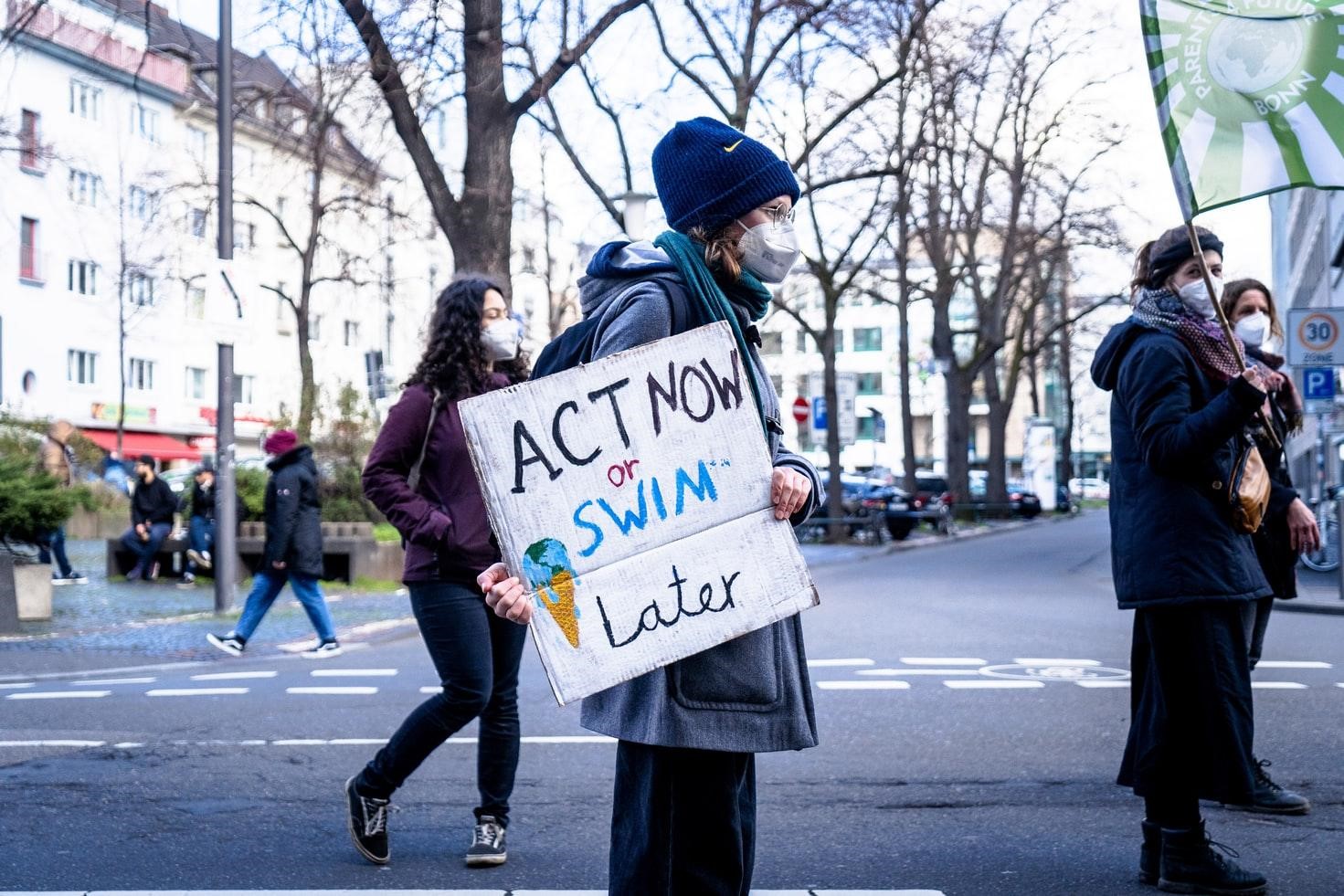Resilience Quick Scan
Understanding how people move during extreme climate events.
TOPICS: CLIMATE, DISASTERS
In this era of continuous and disruptive changes on all fronts: health crises, climate change induced disasters and rapid digitization, cities struggle to absorb and bounce back from the stresses to critical infrastructures. Cities worldwide are formulating policy responses to deal with such shocks through resilient design and reorganization of the city. The Metropolitan Region of Amsterdam (MRA), to maintain its stature as an internationally competitive region with attractive living and business conditions, is working towards actively integrating climate-adaptation and resilience-thinking into policy dialogues and investment considerations.
This calls for a concrete plan of approach to monitor and increase the resilience of the city, one that focuses on infrastructural, economic and social resilience. This project performs a Resilience Quick Scan of Amsterdam through an analysis of the resilience of selected critical infrastructures such as transport/mobility, electricity networks and ICT. Simultaneously, the project ensures engagement and ownership from key stakeholders by facilitating Policy-Science Labs. These workshops bring together policy-makers and scientists to learn from existing efforts and explore opportunities for future projects, supported by insights from the resilience assessment. This multi-pronged approach aims to arrive at a clear resilience focus for Amsterdam by making a social, political and economic case for resilience for the MRA region.
